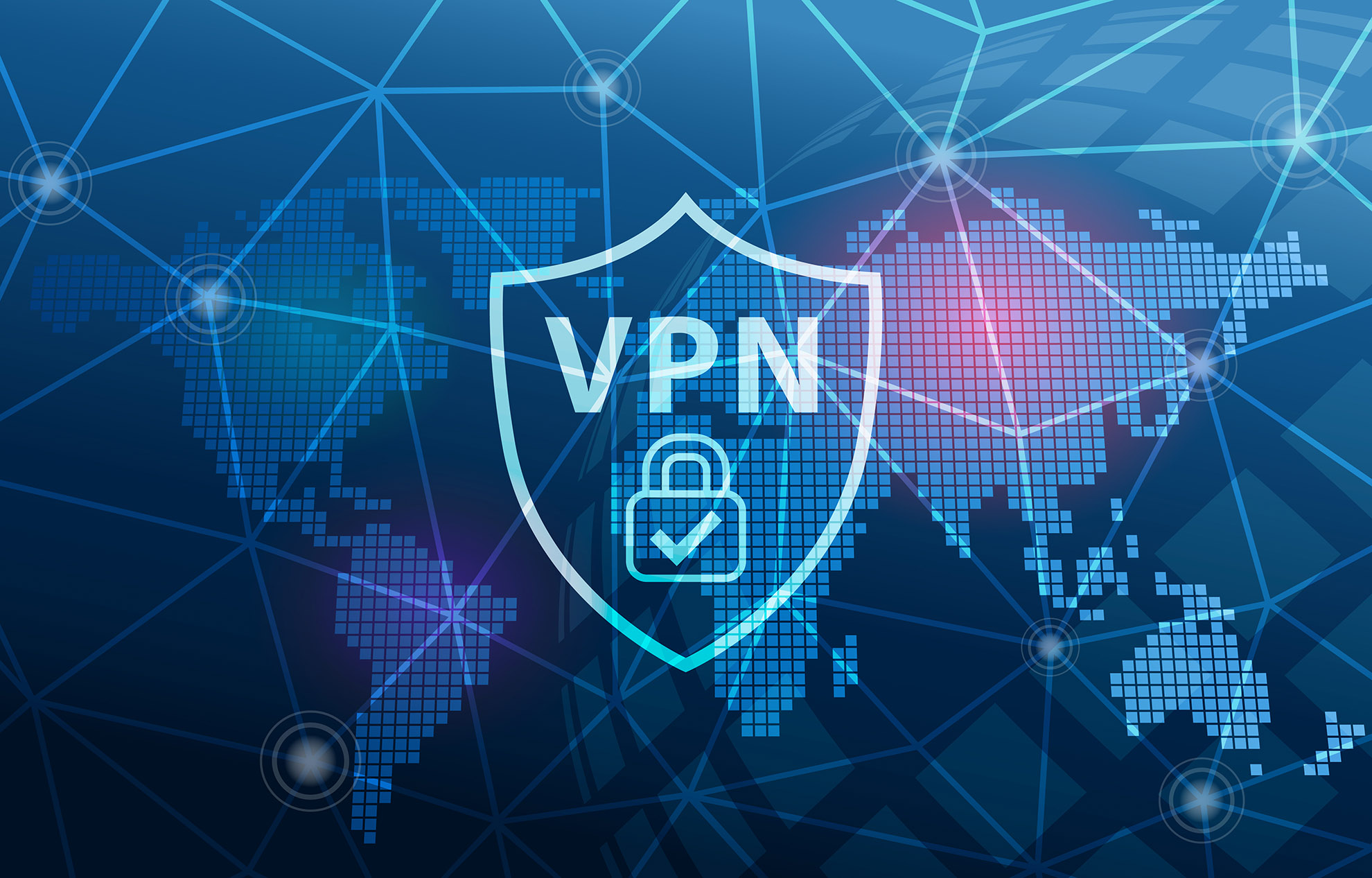
Evan Walsh

A Guide to Virtual Private Networks (VPNs)
In today's digital age, where privacy concerns are at an all-time high and online security breaches seem to be an everyday occurrence, it's crucial to arm yourself with the right tools to protect your digital footprint. Enter Virtual Private Networks, or VPNs. Whether you're a seasoned tech enthusiast or just starting to dip your toes into the world of online privacy, this ultimate guide to VPNs will equip you with everything you need to know.
What is a VPN?
At its core, a Virtual Private Network (VPN) is a service that encrypts your internet connection and routes it through a remote server of your choosing, thereby masking your IP address and making your online activities virtually untraceable. This encrypted tunnel not only secures your data from prying eyes but also allows you to access the internet as if you were in a different location altogether.
Why Use a VPN?
1. Enhanced Security: By encrypting your internet traffic, VPNs protect your sensitive data from hackers, identity thieves, and other malicious entities lurking on the web.
2. Privacy Protection: VPNs shield your online activities from your Internet Service Provider (ISP), government surveillance agencies, and other third parties seeking to monitor your browsing habits.
3. Bypassing Geo-Restrictions: Want to access region-locked content or websites not available in your country? A VPN can make it appear as though you're browsing from a different location, allowing you to bypass geo-blocks with ease.
4. Secure Remote Access: For businesses, VPNs provide a secure means for employees to access company networks and resources while working remotely, safeguarding sensitive corporate data from unauthorized access.
How Does a VPN Work?
When you connect to a VPN server, your device creates a secure, encrypted tunnel through which all your internet traffic passes. This encrypted data is then transmitted to the VPN server, where it is decrypted and sent out onto the internet. The websites you visit and the online services you use only see the IP address of the VPN server, masking your true identity and location.
Choosing the Right VPN
With a myriad of VPN providers saturating the market, selecting the right one can be a daunting task. Here are some key factors to consider when choosing a VPN:
1. Security Features: Look for VPNs that offer robust encryption protocols, a strict no-logs policy, and features like kill switches and DNS leak protection to ensure your online privacy remains intact.
2. Server Network: Opt for a VPN provider with a wide range of server locations across the globe to enjoy unrestricted access to content from anywhere in the world.
3. Speed and Performance: A good VPN should offer fast and reliable connection speeds to prevent buffering and lags while streaming or gaming.
4. Compatibility: Ensure the VPN is compatible with all your devices and platforms, including desktops, laptops, smartphones, and routers.
5. Affordability: While price shouldn't be the sole determining factor, choose a VPN service that offers competitive pricing without compromising on quality.
Tips for Using a VPN Effectively
Once you've selected a VPN provider, here are some tips to maximize its effectiveness:
1. Keep Software Updated: Regularly update your VPN client to patch security vulnerabilities and ensure optimal performance.
2. Use Strong Passwords: Choose complex, unique passwords for your VPN account to prevent unauthorized access.
3. Enable Automatic Connection: Configure your VPN client to automatically connect whenever you access the internet to ensure continuous protection.
4. Use Split Tunneling: Take advantage of split tunneling features to route only specific traffic through the VPN while allowing other applications to access the internet directly.
5. Test Your VPN Connection: Periodically test your VPN connection to ensure it's functioning properly and your IP address remains hidden.
Conclusion
In conclusion, a Virtual Private Network is an indispensable tool for safeguarding your online privacy and security in today's digital landscape. By understanding how VPNs work, selecting the right provider, and implementing best practices for usage, you can enjoy a safer, more private browsing experience wherever you go. So why wait? Take control of your online privacy today with a reliable VPN service.